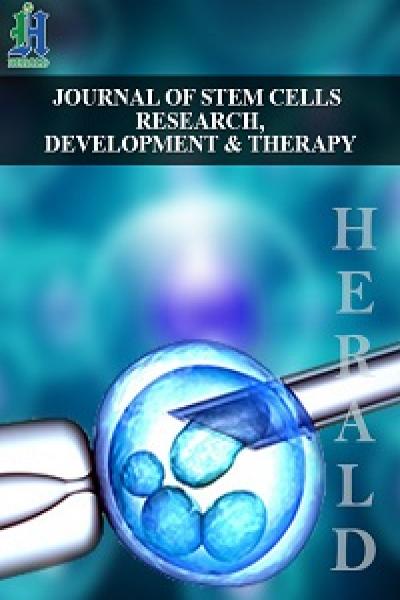
Cell Differentiation
Cell differentiation is the biological process through which unspecialized cells, such as stem cells, evolve into specialized cell types with distinct roles. This transformation is governed by intricate interactions among transcription factors, signaling pathways, and epigenetic changes. In regenerative medicine, mastering these mechanisms is essential to guide stem cells into specific lineages for targeted therapies. Technological advancements like single-cell RNA sequencing and CRISPR-Cas9 gene editing have significantly enhanced our understanding of differentiation pathways. These tools help scientists trace cellular development and manipulate genes critical to lineage commitment.
Controlled differentiation of embryonic stem cells (ESCs) and induced pluripotent stem cells (iPSCs) holds great promise in treating degenerative diseases, such as Parkinson’s, heart disease, and diabetes. Despite progress, issues like incomplete differentiation and immune rejection present ongoing challenges. The Journal of Stem Cells Research, Development and Therapy welcomes submissions focused on molecular insights and translational strategies in cell differentiation to advance stem cell-based therapies.

